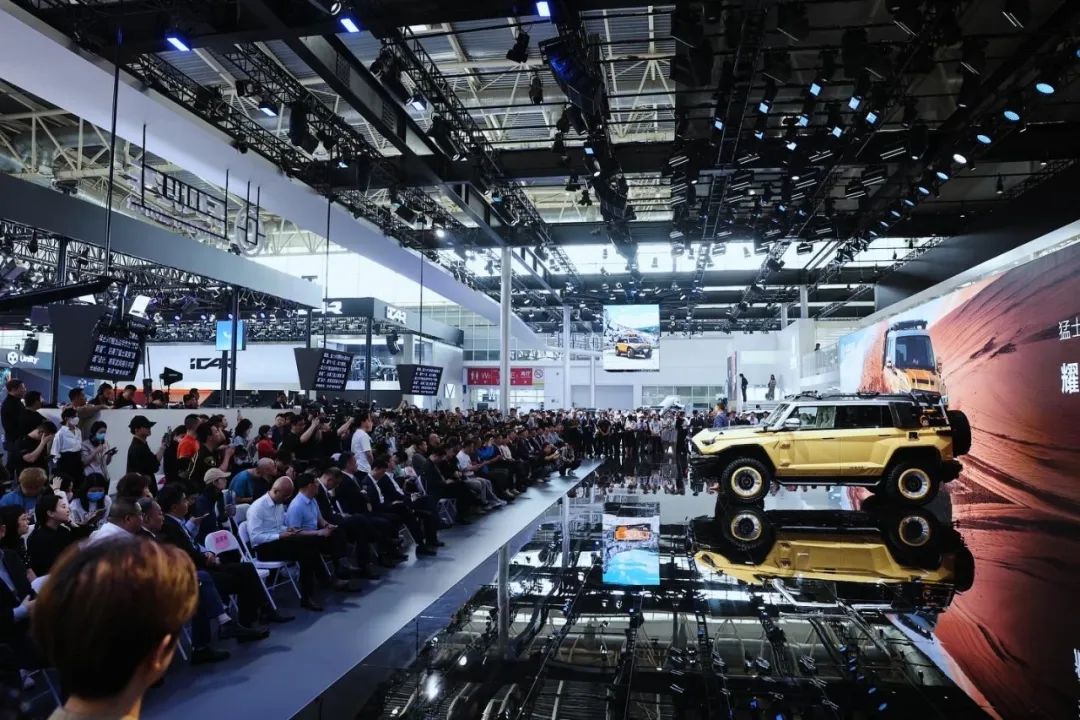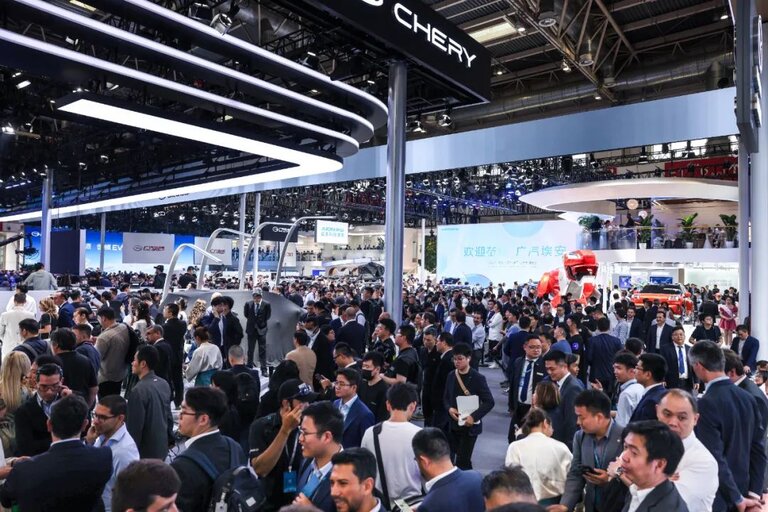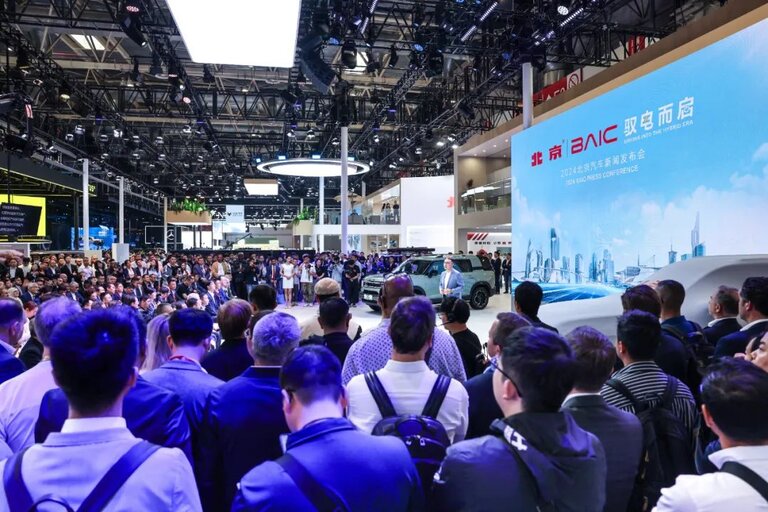2024 Beijing International Automotive Exhibition (AUTO China) has just closed its doors. A trend is emerging that was already evident at last year's AUTO 2023 in Shanghai and at the IAA in Frankfurt: China has become the centre of the automotive world.
How did this happen and why did it take the major international players by surprise last year? What developments can we expect? How do experts see future trends in the Chinese market and their impact on Europe?
To get to the bottom of these questions, Drees & Sommer China, together with mediaman, organised a roundtable in Shanghai. We co-hosted the event and gathered a dedicated group of guests and experts from the automotive industry. Our guests included experts from OEMs, suppliers, consultants and architects.
Here are our key takeaways from the lively discussions:
In China for China/ From China to the world
- The speed of new development remains an issue: German manufacturers are more cautious and bound by their compliance guidelines, while local brands are hungry for innovation.
- Many innovations from China are now returning to Europe
Customer Behaviour/ Demand
- Insights show that Chinese consumer behaviour is shaping automotive trends, but it is important to remember that foreign brands are not necessarily expected to be entirely Chinese.
- The customer service of Chinese companies is often praised: quick answers in China take a fraction of the time in, say, Germany.
Digitalisation
- The customer journey now often starts at home, with configurations being pre-booked via an app in a virtual showroom, before visiting a real branded store to see the chosen configurations.
Transition to green mobility
- Hydrogen does not yet play a major role as a fuel, mainly because the majority of hydrogen is still blue/grey hydrogen, which requires a lot of energy to produce.
- Liquefied natural gas (LNG) is an optional fuel for commercial vehicles, and municipal trucks are even being tested with battery swapping systems.
Supply chain / transformation from pyramid to grid connections
- Although joint ventures are no longer required in most industries, we see more and more of them being established: this is also part of de-risking strategies.
- A possible strategic move for international companies: waiting for smaller OEMs to merge or acquire their technology and tools, rather than developing them in-house.


